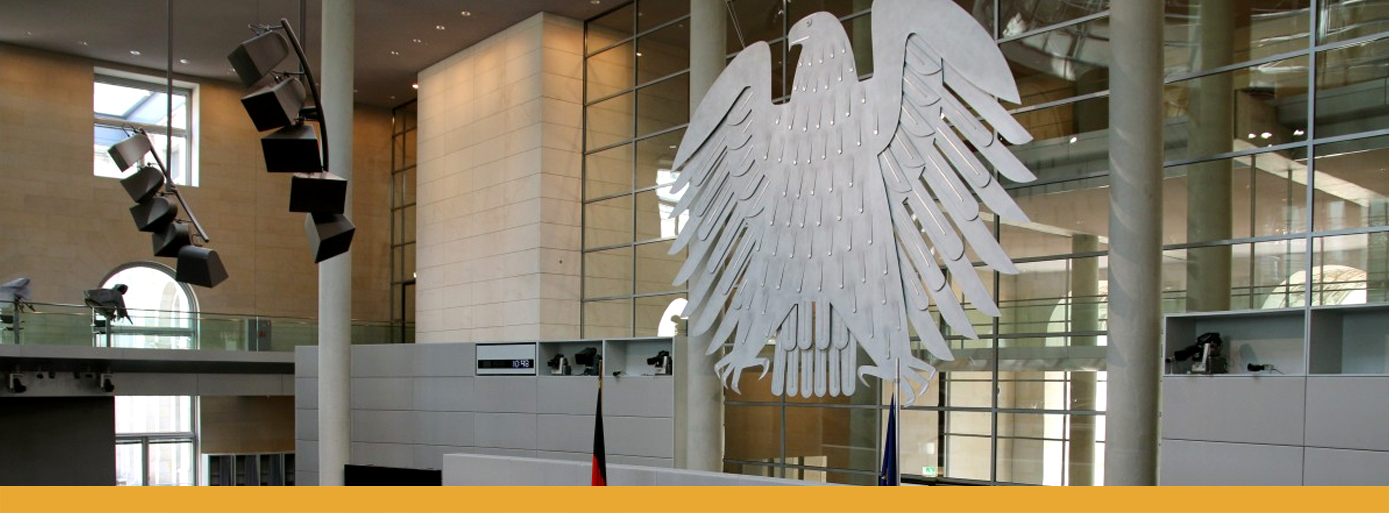German Constitutional Court clears the way towards German ratification of the UPC Agreement

The Unified Patent Court is a specialised litigation system that will hear infringement and revocation proceedings of both European patents with unitary effect, also called Unitary Patents, and European patents through a single decision with effect in all participating member states of the European Union (EU). The Court was established by an international agreement in February 2013. The new system was designed to come into force when at least 13 participating member states, including France, Germany and the UK had ratified the Agreement.
On the other hand, unitary patents were established via enhanced cooperation under a regulation of December 2012, with the aim to provide a single patent right covering all the member states which took part in the enhanced cooperation and signed the Unified Patent Court Agreement (UPCA). For the time being, this right will not cover Spain, Croatia or Poland.
The new system represents not only the biggest change in the European patent law in the last forty years, but is also a great challenge which has faced several obstacles in the last years.
France deposited its ratification instrument on 14 March 2014, and the UK, did the same on 26 April 2018 as the 16th signatory state. However, in Germany, the approval of the UPCA has been repeatedly delayed due to constitutional complaints filed on a national level questioning the legality of the Agreement under German national law.

Initially, the German Bundesrat approved the UPCA and its Protocol on Provisional Application on 31 March 2017. However, the act on the ratification was immediately suspended as a result of a constitutional complaint filed with the German Federal Constitutional Court. It was not until February 2020, that the Court decision was issued, upholding the complaint and declaring the ratification act null and void on the ground that it would have brought about a change in the basic law.
After this, a revised draft bill for the UPCA ratification was prepared by the German government. Before the draft could be submitted for a new vote, on 20 July 2020, the UK expressed their wish not to be a party of the UPC system after leaving the European Union, and withdrew its ratification of the UPCA.
Despite the UK withdrawal the ratification process in Germany was put forward and a new ratification bill was adopted by the German Parliament on 18 December 2020. Unfortunately, the German ratification was put on hold again after the filing of two new complaints against the UPC before the Federal Constitutional Court.
In a press release of 9 July 2021, the German Constitutional Court announced that it rejected the latest constitutional challenges (press release of the Court here).
This decision could pave the way towards the German ratification and the long-awaited entry into force of the UPC system. However, it is evident that the Agreement must still be amended after the withdrawal of the UK. In addition, it will be necessary to relocate the London section of the UPC’s central division.
In their last official report, the UPC Preparatory committee expressed that in the meeting of 10 September 2020 “good progress was made”, and also that “Committee is confident that pragmatic and legally sound solutions will be found that will enable the unitary patent system to be functional in a near future”. However, the truth is that no specific solutions appear to have been reached yet. Moreover, it is unquestionable that by the UK withdrawal, the unitary patent system loses part of its attractiveness for businesses. All in all. it remains to be seen how the UPC and the unitary patents will progress.
In any case, the development of the new system has no implications for the functioning of the current European patent system which is completely independent from the EU.

